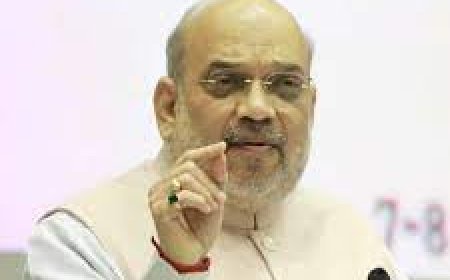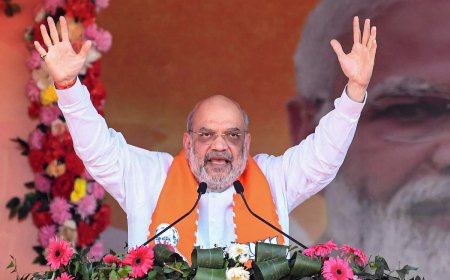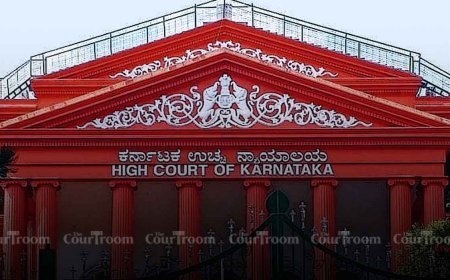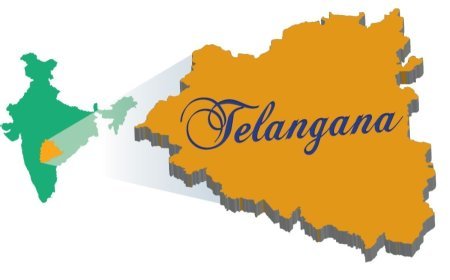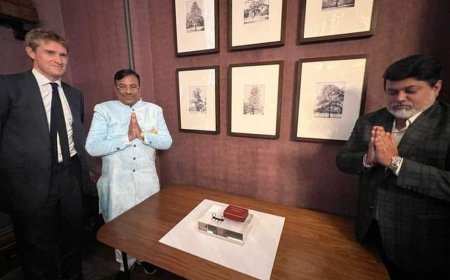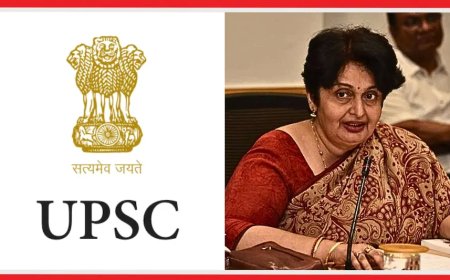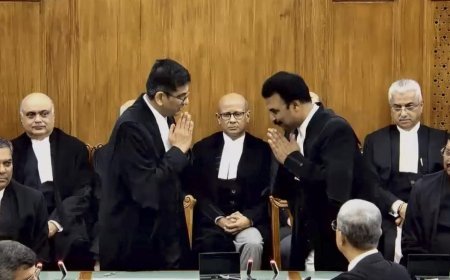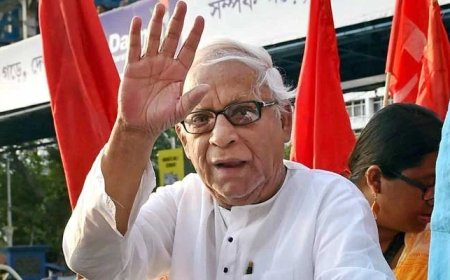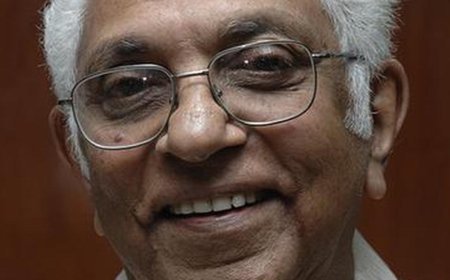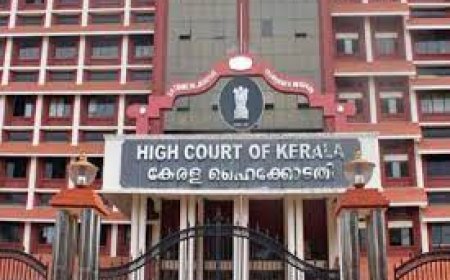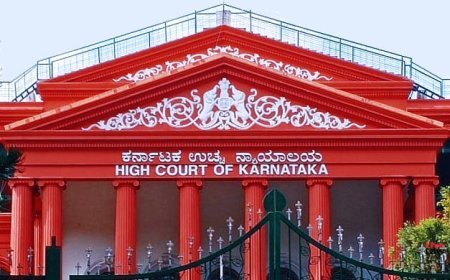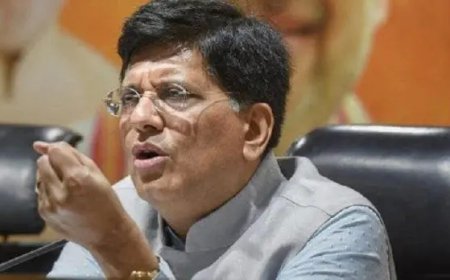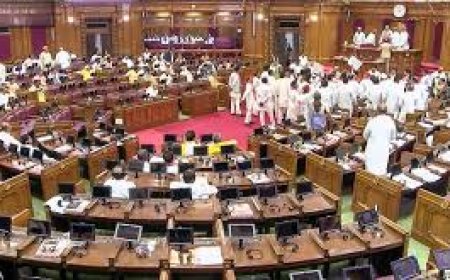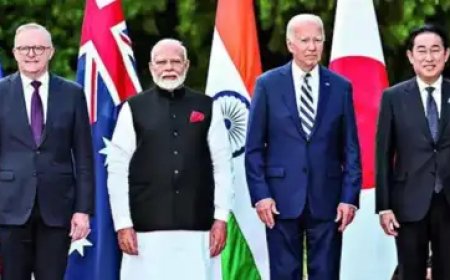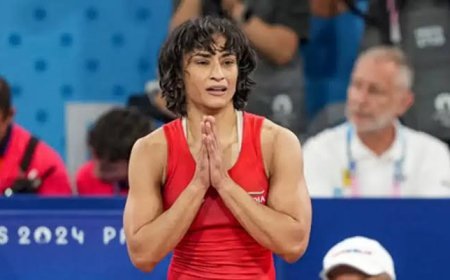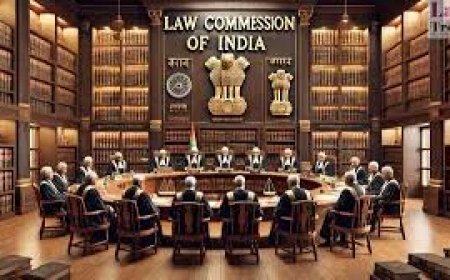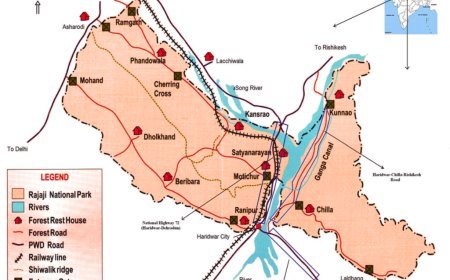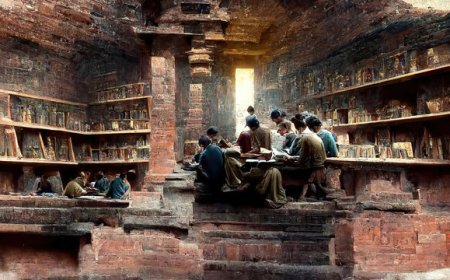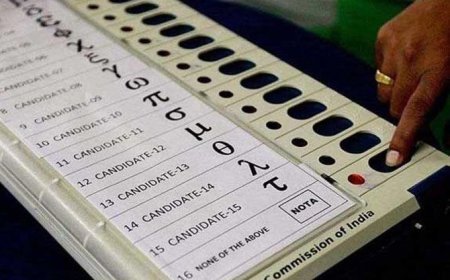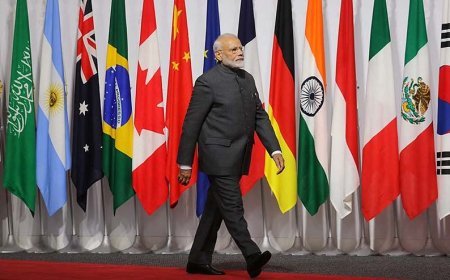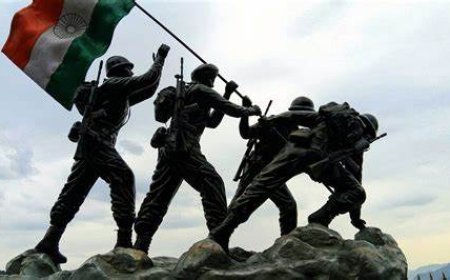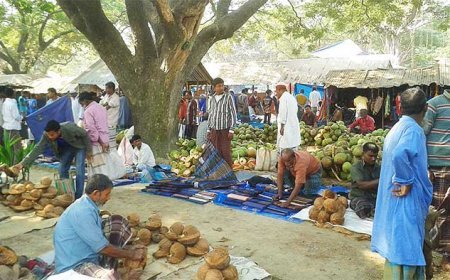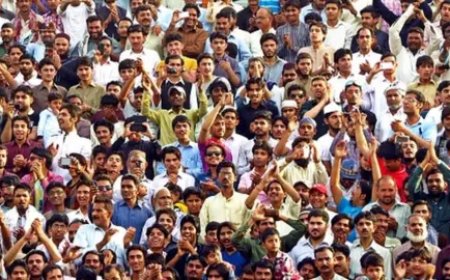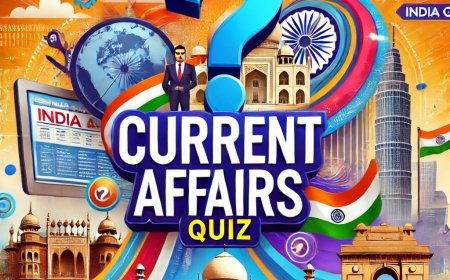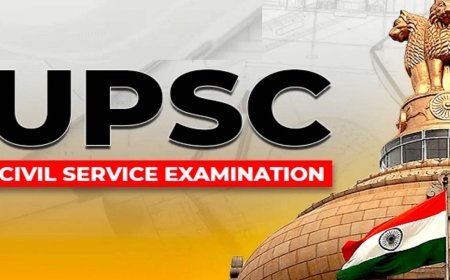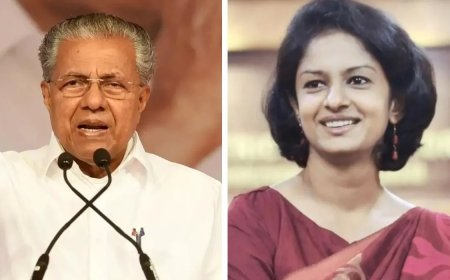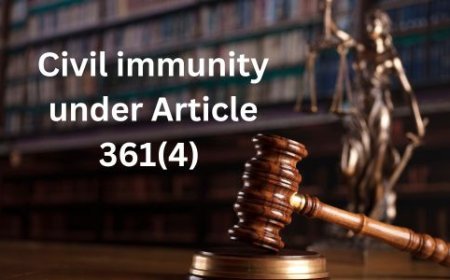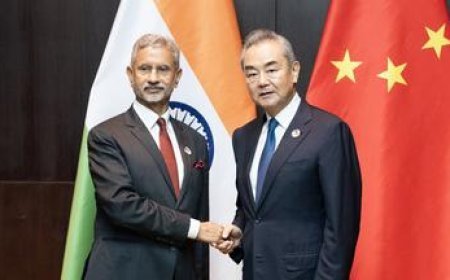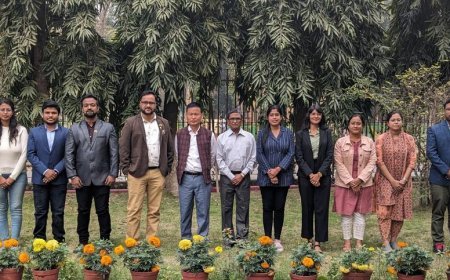Kerala's Proposal for Diaspora-Oriented Postings Faces MEA Criticism Over Jurisdictional Concerns

Kerala's Proposal for Diaspora-Oriented Postings Faces MEA Criticism Over Jurisdictional Concerns
Kerala, a state in southern India, has a significant diaspora community, particularly in the Gulf countries. The state's government often engages with its diaspora to address their issues and leverage their contributions to Kerala's development. Recently, Kerala's approach to diaspora engagement has attracted attention and criticism from the Ministry of External Affairs (MEA) of India.
Key Points:
1. Kerala's Diaspora Engagement:
o Kerala has a large expatriate population, especially in the Gulf Cooperation Council (GCC) countries.
o The state government actively engages with its diaspora, offering various support services and initiatives.
o Kerala's initiatives include the Norka-Roots agency, which assists non-resident Keralites with issues related to employment, legal matters, and welfare.
2. Controversial Posting:
o Kerala proposed to post officials in the Gulf to directly address the issues faced by its diaspora.
o This initiative was intended to provide better support and communication for Keralites abroad.
3. MEA's Criticism:
o The Ministry of External Affairs (MEA) criticized Kerala's move, stating that foreign policy and matters involving Indian citizens abroad are under the central government's jurisdiction.
o The MEA emphasized that such postings could create diplomatic and administrative complications, as state governments do not have the mandate to engage in international relations independently.
4. Diplomatic Concerns:
o The MEA expressed concerns about the potential diplomatic implications of state-level initiatives, which could lead to confusion or conflicts with India's official diplomatic efforts.
o The Ministry stressed the importance of a unified approach in dealing with diaspora issues and international relations.
5. Response from Kerala:
o Kerala defended its actions, arguing that the state's diaspora has unique needs that are best understood and addressed by the state government.
o The state emphasized its role in supporting its citizens, especially in areas where the central government's efforts may not reach.
6. Future Considerations:
o The controversy highlights the need for clearer guidelines and coordination between state governments and the central government in matters involving the diaspora.
o There is a potential for Kerala and the MEA to collaborate more closely to ensure the well-being of Keralites abroad while maintaining the integrity of India's foreign policy.
Previous Instances of State-Central Tensions Over Diaspora Engagement
1. Tamil Nadu and Sri Lankan Tamils:
o Tamil Nadu has historically been vocal about the rights and welfare of Sri Lankan Tamils, particularly during and after the Sri Lankan civil war.
o The state government often pushed for a more active Indian stance on humanitarian and political issues concerning Sri Lankan Tamils, occasionally clashing with the central government's diplomatic approach.
2. Punjab and the Sikh Diaspora:
o The Punjab state government has occasionally engaged with the Sikh diaspora, particularly in countries like Canada, the UK, and the USA.
o There have been instances where Punjab's efforts to address the concerns of the Sikh diaspora, such as issues related to visa policies or diaspora welfare, have intersected with India's broader diplomatic strategies.
3. West Bengal and the Bangladeshi Diaspora:
o West Bengal has a significant Bangladeshi-origin population and has occasionally engaged in initiatives aimed at cultural and social connections with the Bangladeshi diaspora.
o The state has sometimes expressed its views on cross-border migration issues, which has led to differing perspectives from the central government, especially concerning immigration and security policies.
4. Andhra Pradesh and the Telugu Diaspora:
o Andhra Pradesh and Telangana have both made efforts to connect with the Telugu diaspora, particularly in the United States.
o Initiatives like the "Pravasi Bharatiya Divas" and other state-organized events have aimed to attract investments and maintain cultural ties, occasionally raising questions about the coordination between state and central government efforts in engaging the diaspora.
5. Gujarat and the Gujarati Diaspora:
o The Gujarat government has historically been proactive in engaging with the Gujarati diaspora, focusing on investment, cultural exchange, and welfare.
o This engagement has included organizing diaspora conventions and creating special policies to encourage investments from overseas Gujaratis, which sometimes overlaps with central government initiatives like the Pravasi Bharatiya Divas.
What's Your Reaction?









